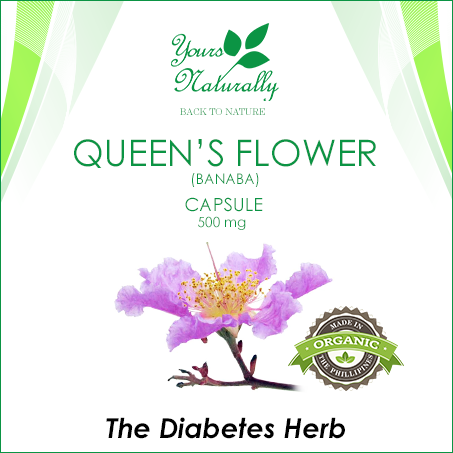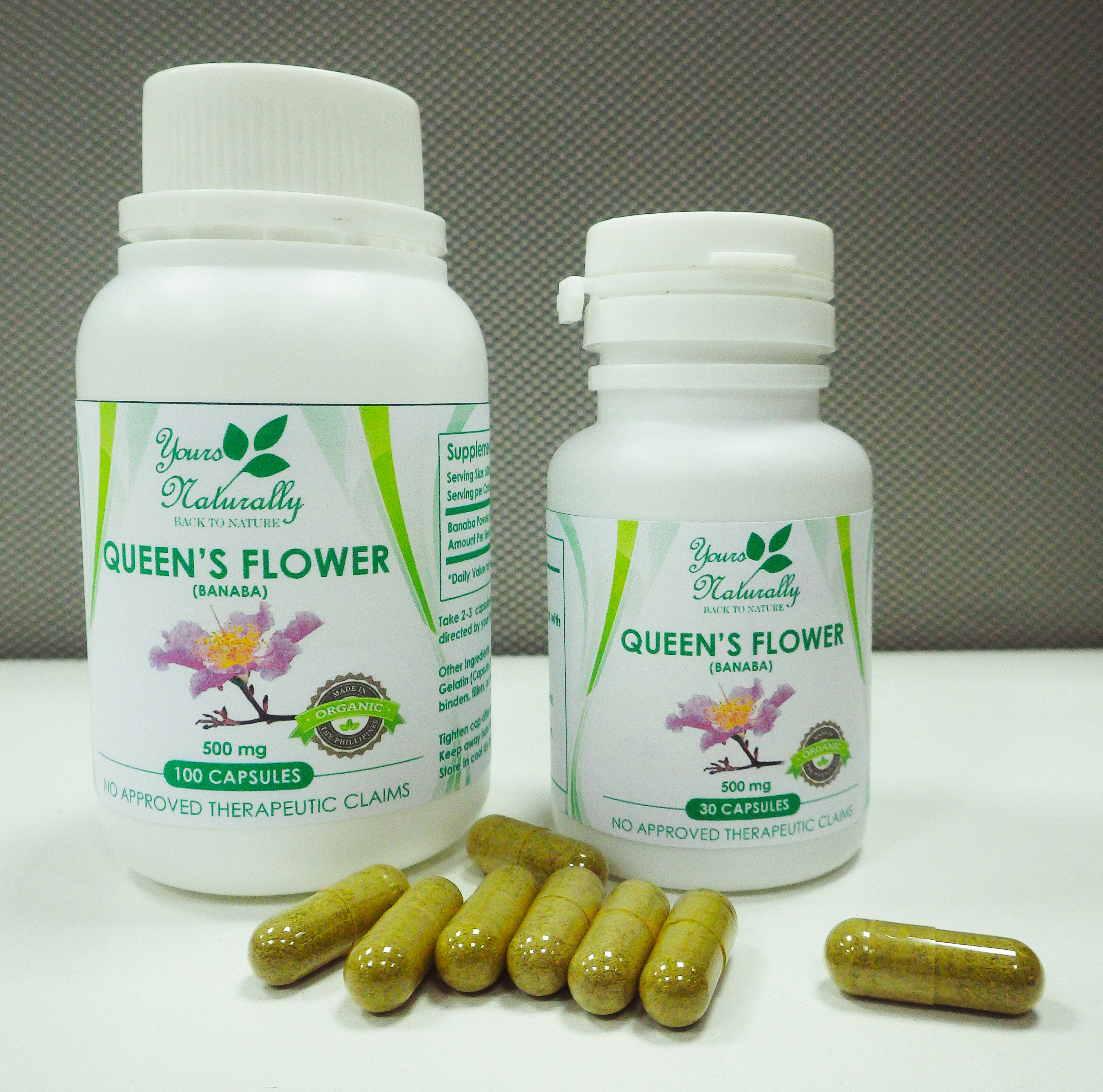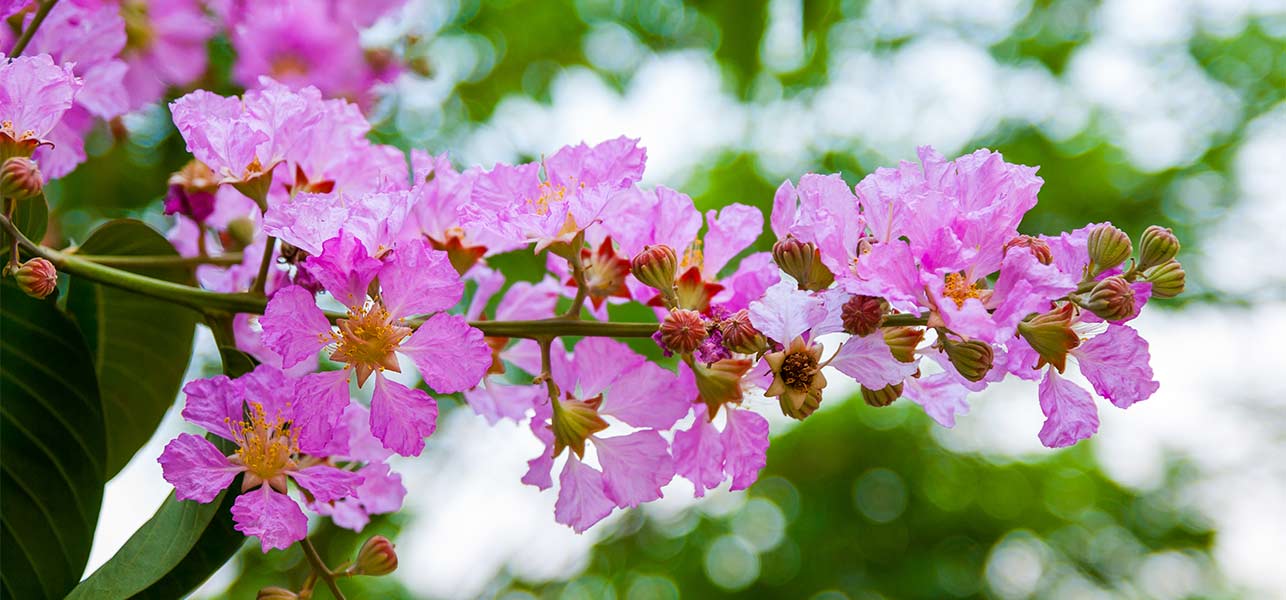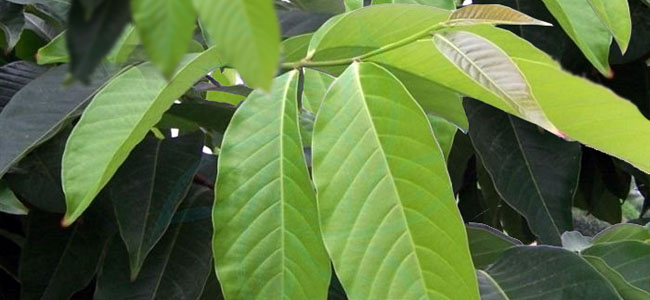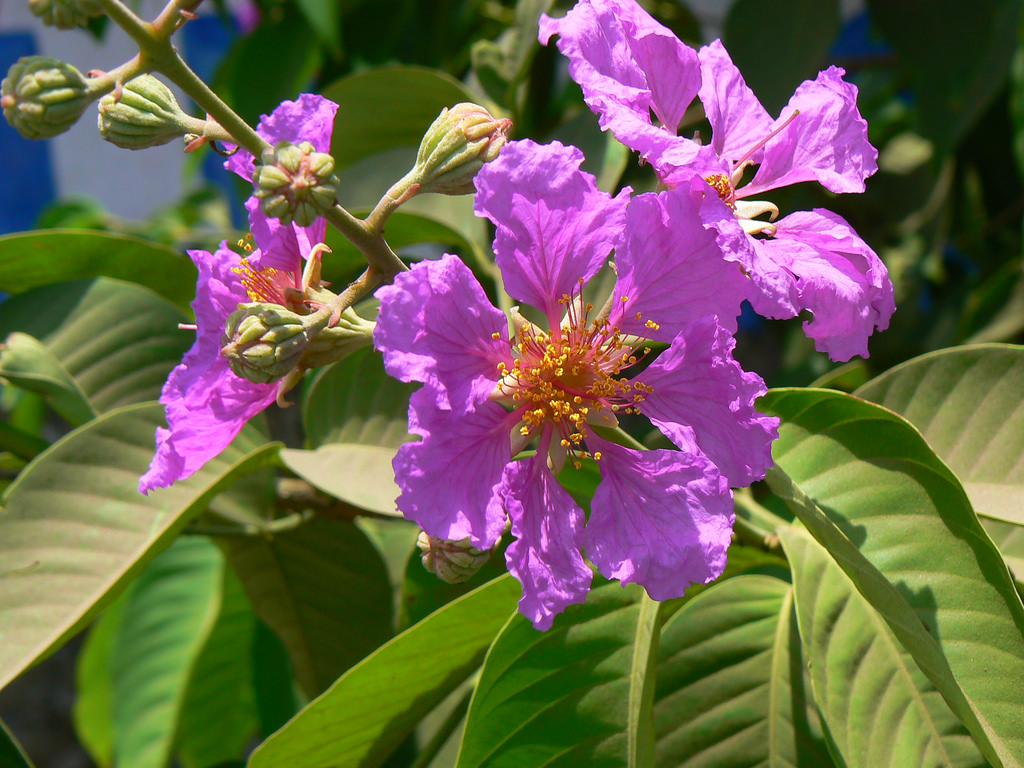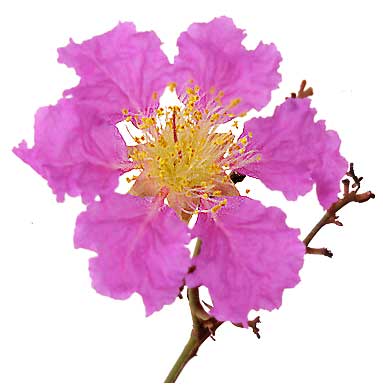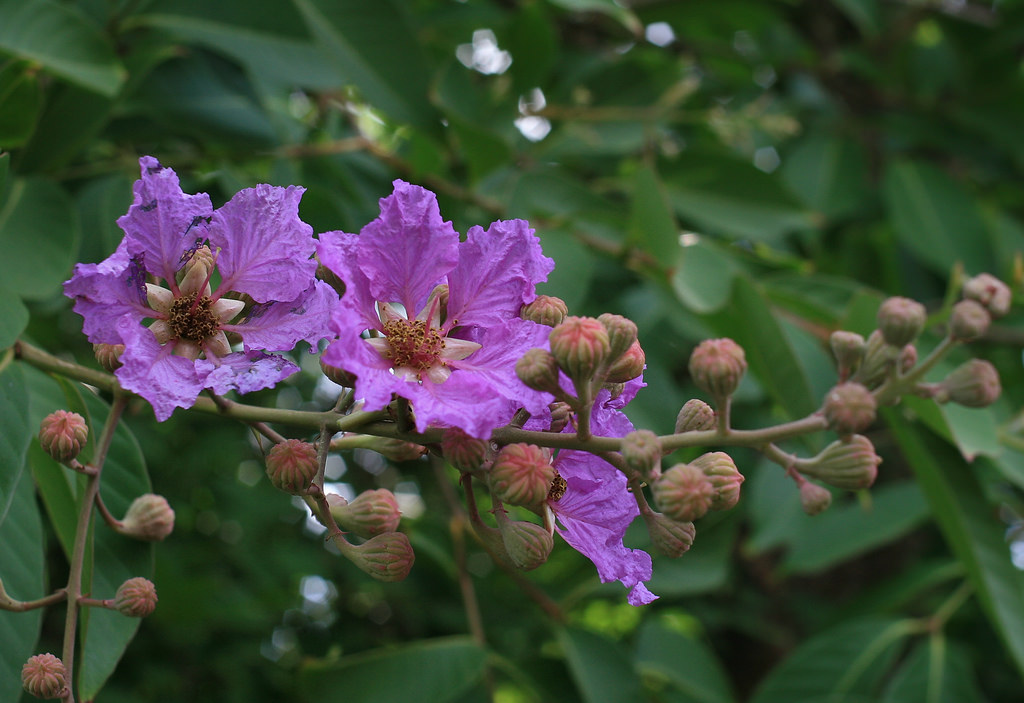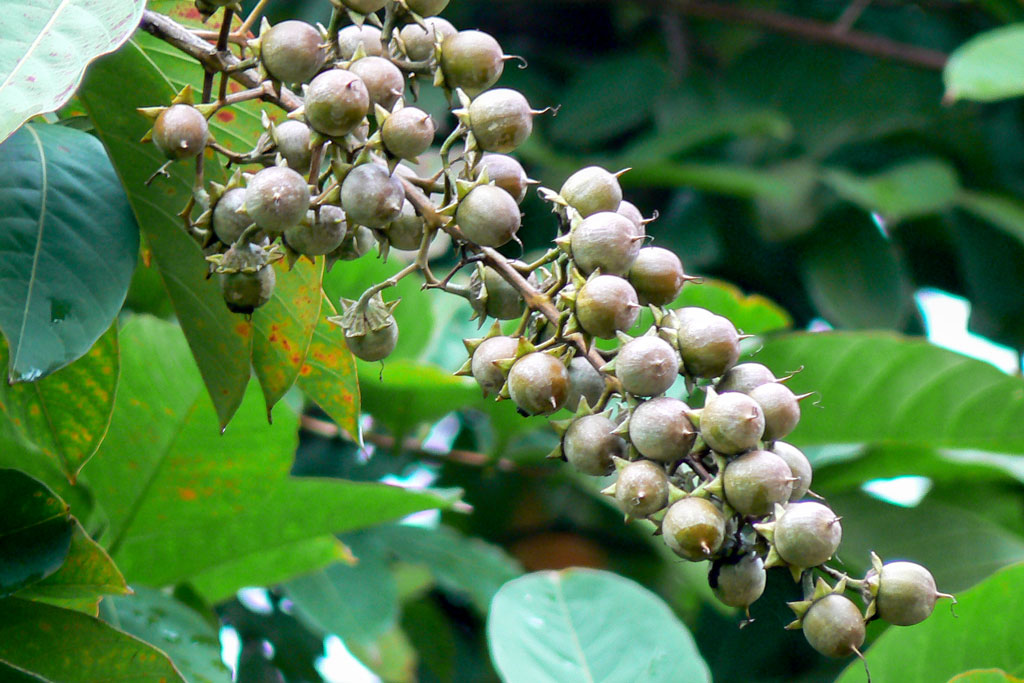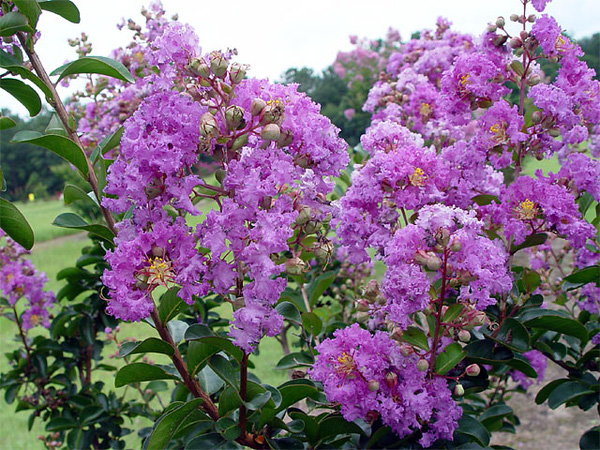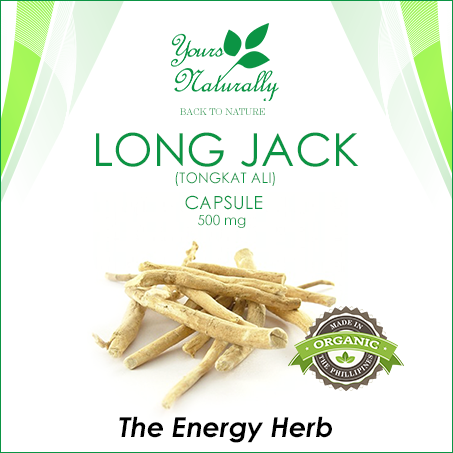Description
Banaba is a species of the crepe myrtle tree native to the Philippines and Southeast Asia. The blood sugar regulating properties of corosolic acid, the active ingredient in banaba leaf, have been demonstrated in cell culture, animal, and human studies to stimulate glucose uptake. In fact, some studies have shown that it can help lower blood sugar within sixty minutes. It has also been shown to help correct leptin problems and food cravings that are typically found in overweight individuals who have elevated blood sugar. The average human response is a 10-15% decrease in blood sugar within two hours of ingestion. For this reason, it is found in many sugar metabolic enhancement formulas.
1. Sugar Control
Banaba can be a dominant weapon in controlling blood sugar, because it helps the body in breaking down sugar and carbohydrates, and flush them out of the body. The blood sugar regulating properties of corosolic acid, the active ingredient in banaba leaf, have been demonstrated in cell culture, animal, and human studies. In isolated cells, it is known to stimulate glucose uptake. In fact, some studies have shown that it can help lower blood sugar within sixty minutes.
2. Cancer Fighter
Banaba can be used as cancer treatment. Corsolic acid in the leaves of banaba helps to control cervical cancer, leukemia, breast and liver cancer cells. Researchers at Changhai Hospital in Shanghai, China tested corosolic acid against human cervical cancer cells. They found that corosolic acid stimulates the release of cancer-cell-killing enzymes, resulting in cancer cell death.
3. Reduces risk of Metabolic Syndrome
Furthermore, it is a prevention for metabolic syndrome, which is a name given to a group of conditions that a person may have a disposition for depending on several factors such as genetics and general lifestyle. These conditions include obesity, inflammation, high blood pressure, and high cholesterol. The extract of the banaba leaf has been tested to fight against several metabolic syndrome conditions because of its anti-inflammatory properties.
4. Minimizes Cravings
The banaba leaf extract helps in controlling appetite when taken with the other natural supplements. It helps correct leptin problems and food cravings that are typically found in overweight individuals who have elevated blood sugar. The average human response is a 10-15% decrease in blood sugar within two hours of ingestion. For this reason, it is found in many sugar metabolic enhancement formulas including Jon Barron’s Glucotor.

